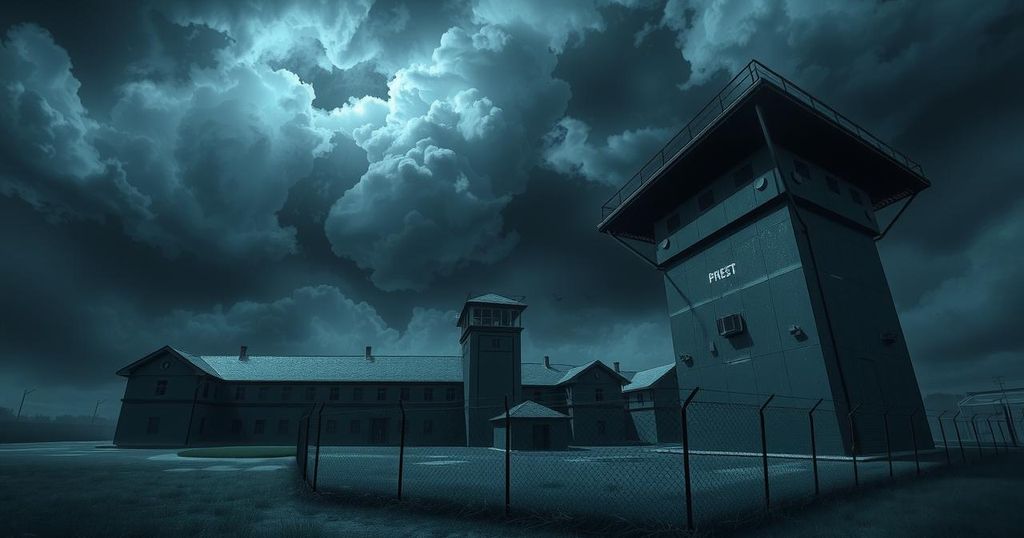World news
ASIA, CBS NEWS, CE, CECOT, CENTER FOR THE CONFINEMENT, CENTER FOR THE CONFINEMENT OF TERRORISM, CUBA, DONALD TRUMP, E. R, EL SALVADOR, GUN VIOLENCE, LEGAL CHALLENGES, LEGAL ISSUES, NBC NEWS, NORTH AMERICA, PHILIPPINES, POLITICS, PRISON SENTENCE, SOCIAL ISSUES, SOUTH AMERICA, TRUMP, UNITED STATES, VENEZUELA, VERA, VILLAMIZAR, WLADIMIR VERA VILLAMIZAR
Marcus Chen
0 Comments
Venezuelan Who Underwent Surgery Deported to Prison with No Updates
- Wladimir Vera underwent an emergency pneumonectomy following health decline.
- Mariela Villamizar has lost contact with her son since his detention.
- Deportees like Vera face dire medical risks in confinement.
Wladimir Vera’s Health Compromised After Pneumonectomy
Wladimir Vera Villamizar, a Venezuelan welder aged 33, has found himself in dire straits since being deported to a prison in El Salvador after undergoing major surgery. His mother, Mariela Villamizar, has been unable to contact him since he was detained again soon after his surgery. The surgery—an emergency right pneumonectomy—was necessitated by significant health issues stemming from tuberculosis, leaving Vera in an uncertain and precarious state, raising grave concerns for his recovery and well-being.
Conditions and Legal Rights of Deportees Questioned
Vera’s experience is compounded by the harsh conditions at the Center for the Confinement of Terrorism (CECOT) in El Salvador, where he is held without communication. His case isn’t unique; it reflects a broader issue impacting many Venezuelans facing deportation. Notably, constitutional rights experts argue that the history of any deportees, including Vera’s past prison sentence in Venezuela, shouldn’t infringe upon their right to due process in the United States—a right that many feel has been increasingly overlooked.
Medical Experts Raise Alarm on Health Risks
Doctors express significant concern regarding Vera’s medical condition following the surgery, emphasizing the essential need for post-operative care. According to medical experts, such major surgeries require a careful and monitored recovery, with any setbacks potentially leading to severe complications. Meanwhile, families of others in similar situations are growing alarmed over the lack of health care access for their loved ones in CECOT, as advocates and medical professionals highlight the risks stemming from untreated health issues and the general prison conditions that could jeopardize their lives further.
In summary, Wladimir Vera Villamizar’s journey—from a health crisis in the U.S. to detention in CECOT—reveals unsettling medical, legal, and humanitarian concerns for Venezuelan deportees. Families continue to call for answers regarding the treatment of their loved ones, questioning the legality and morality of current immigration policies that seem to prioritize security over health. Vera’s case shines a light on the urgent need for medical care behind bars and the complexities faced by those entangled in the immigration system.




Post Comment